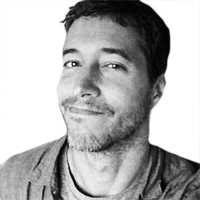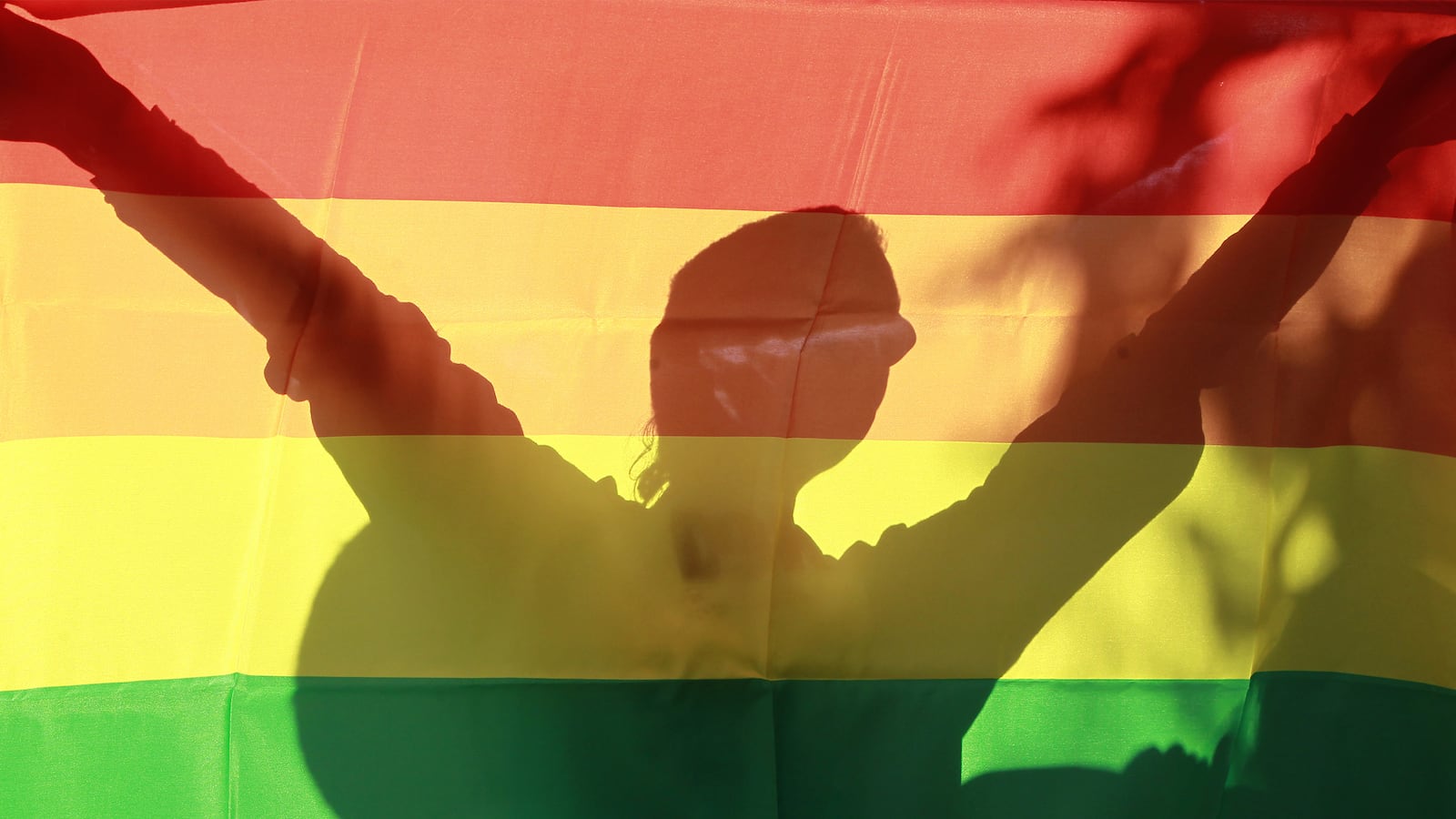Tomorrow, Saturday, Ukrainian activists hope to hold the country’s second LGBT Pride on the streets of Kiev—the first since the revolution of 2014--but tensions are high and both the local activist community and the local government is divided.
It was little more than one year ago in when Ukraine’s Euromaidan movement ousted Russian-leaning President Viktor Yanukovych, and elected a new government promising closer ties to the European Union.
Months later, local LGBT activists, many of whom also fought on the maidan in Kiev, attempted to hold Kiev’s first Gay Pride parade but eventually canceled—with threats of violence coming from the Ukrainian far-right and no support from Kiev’s new mayor, former boxer Vitali Klitschko, activists felt the risk of danger was too high.
Of the other attempts to hold an LGBT Pride parade in Kiev, in 2012 a march was aborted, while the first ever parade in 2013 took place for only an hour under the protection of 1500 police.
This year it’s even more complicated as divisions between local activists along with divisions between local Kiev government and Ukraine’s federal politicians have opened up.
According to Maxim Eristavi, local producer of Ukraine’s largest English-language Internet platform Hromadske (Full disclosure: I have worked with Eristavi as a volunteer editor for Hromadske), many local activists have expressed a desire to see Kiev Pride fail once again in the hopes that this would attract more Western support in 2016.
LGBT organizations in Ukraine have more monetary support from outside Ukraine than from within, and thus how Kiev is perceived on the Western stage is a dominating factor.
Further complicating divisions between local LGBT organizations are the divisions within Ukraine’s new post-Soviet government.
Klitschko made a public statement this week saying he would not provide police support because: “In Kiev there is no harassment on any grounds and each person is guaranteed freedom of expression and belief. However, the "March of Equality" and in peacetime the increased degree of tension in society has caused much controversy and fights and confrontation have taken place. Therefore, in present circumstances there is a danger of provocations in the capital. So I appeal to the organizers to refrain from such activities. Security today—above all.”
Local activists have tried, unsuccessfully, to meet with Klitschko for the past month. Klitschko has said he will not provide police support of a Pride event because it would be a “provocation” of Ukraine’s “enemy,” Russia, which has very strict anti-LGBT laws and has apparently been behind escalations in East Ukraine this past week.
However, in a move not seen since the revolution, ambassadors from several G7 countries, including France, Germany, Sweden, and the European Union embassy approached Ukrainian government officials this week, telling the local government that LGBT rights are very important to the international community.
Further, this year three members of Parliament have come out in support of Pride, a huge leap considering that no MPs have ever before expressed support. Ukraine’s president, Petro Poroshenko, has just today said he supports “the march of equality as a Christian and as a president-European. This aligns things. I will not participate in it, but I see no reason that someone should prevent it for it is the constitutional right of every Ukrainian citizen.”
Sergey Leschenko, a Ukrainian MP, also came out in support of the event, putting a statement out on Facebook.
An emotional event which served to rally recent support for Pride in Kiev came after local LGBT activists distributed a flier on how to protect yourself during Pride.
Taking the far-right threats of violence seriously, the flier explained how to protect from beatings and gas attacks.
When former Euromaidan activists read the flier they were extremely upset, saying that they didn’t fight for a revolution only to have a new minority attacked openly in the streets without any police support.
As of today, Kiev Pride is planned for 10 a.m. Saturday.






